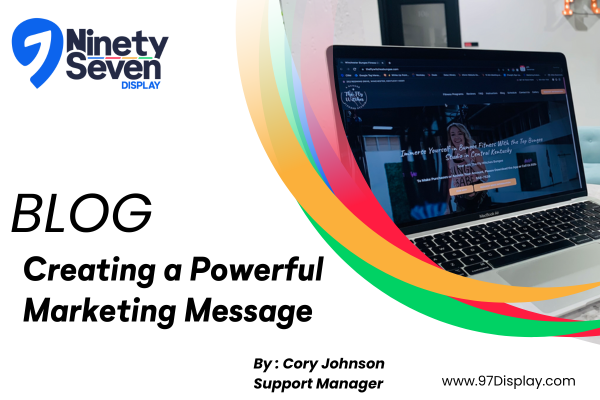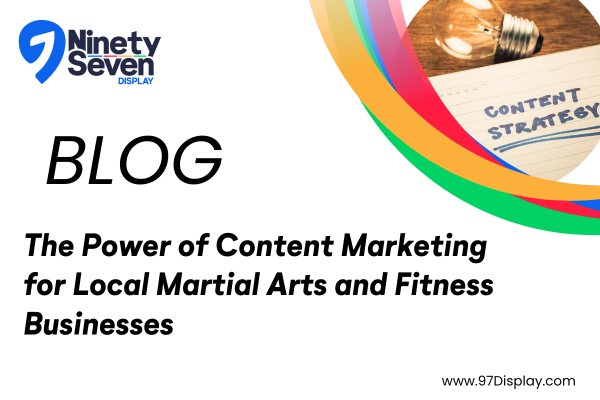
Creating a Powerful Marketing Message

Crafting a Story That Resonates with Your Target Audience
In today’s competitive business landscape, having a powerful marketing message is crucial to capturing the attention of your target audience and compelling them to take action. A well-crafted story can be the key to creating a strong emotional connection with your audience and motivating them to engage with your brand. In this blog, we will explore the art of crafting a story that resonates with your target audience, and how it can be a game-changer for your marketing efforts.
Why Storytelling Matters in Marketing
Storytelling has been a fundamental part of human culture since the beginning of time. It’s how we communicate, learn, and make sense of the world around us. Storytelling taps into our emotions, creates a sense of empathy, and fosters connections. In marketing, storytelling is a powerful tool that can evoke emotions, engage audiences, and drive action.
When it comes to marketing, facts and figures alone may not be enough to capture the attention of your target audience. In today’s cluttered digital landscape, consumers are bombarded with information and messages from multiple sources. To cut through the noise and stand out, you need a compelling story that resonates with your audience on a deeper level.
Crafting a Story That Resonates
Know Your Audience:
Before you start crafting your marketing message, it’s crucial to know your target audience inside out. Understanding their needs, desires, motivations, and pain points will enable you to create a story that speaks directly to them. Conduct market research, gather customer insights, and create buyer personas to gain a deep understanding of who your audience is and what matters to them.
Identify Your Brand Story:
Your brand story is the foundation of your marketing message. It’s the narrative that conveys the essence of your brand, its values, and its unique selling proposition. Your brand story should be authentic, memorable, and differentiated from your competitors. It should also align with the aspirations and values of your target audience.
Make it Relevant:
Your story should be relevant to your audience’s lives. It should address their pain points, offer solutions, and provide value. Your marketing message should show how your product or service can make a meaningful impact in their lives. Use language that resonates with them and speaks to their emotions.
Emphasize Benefits, Not Features: While it’s important to highlight the features of your product or service, your marketing message should focus on the benefits it brings to your audience. How does it solve their problems, fulfill their desires, or make their lives better? Highlight the transformation your audience can experience by using your product or service.
Create an Emotional Connection:
Emotions play a significant role in decision-making. When crafting your marketing message, aim to create an emotional connection with your audience. Tap into their emotions by telling stories that evoke feelings such as joy, fear, sadness, or excitement. Use anecdotes, testimonials, and personal experiences to make your story relatable and emotionally resonant.
Keep it Simple and Clear:
Your marketing message should be concise, clear, and easy to understand. Avoid jargon, complex language, and technical terms that may confuse your audience. Use simple language that resonates with your target audience and conveys your message in a straightforward manner.
Use Visuals:
Visuals are a powerful tool in storytelling. They can help convey your marketing message in a compelling and memorable way. Use visuals such as images, videos, infographics, and illustrations to enhance your story and make it more engaging for your audience.
Call to Action:
Your marketing message should end with a clear call to action (CTA). Tell your audience what you want them to do next, whether it’s making
Written by: Cory Johnson


